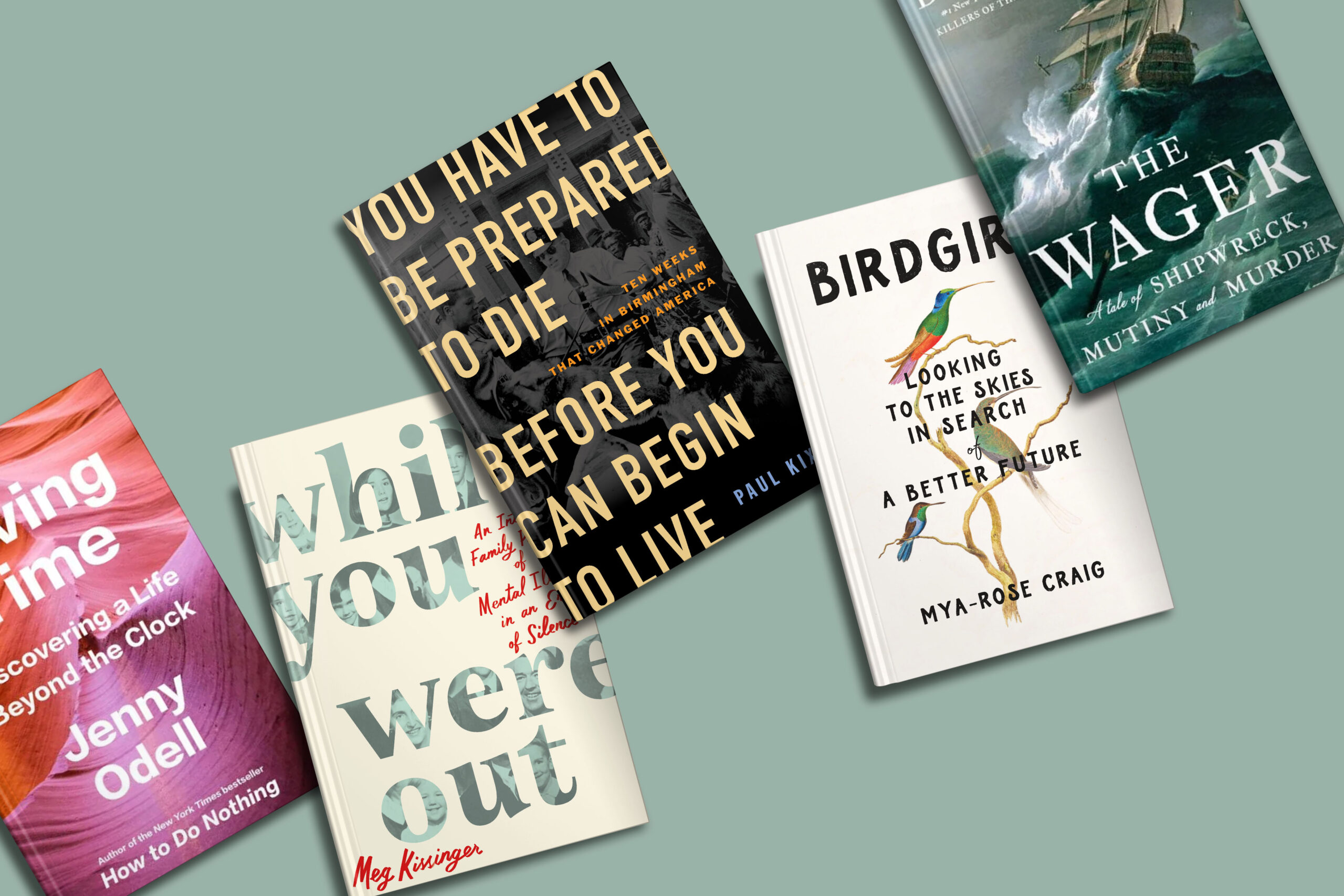The Ultimate Guide to the Best Non Fiction Book 2023
The Ultimate Guide to the Best Non Fiction Book 2023
Blog Article
Explore the World of Realities: Just How Non-Fiction Books Make Checking Out an Engaging Experience
Non-fiction publications offer a distinct gateway to the globe of facts, transforming the act of engaging with message into a compelling exploration of tangible realities and authentic stories. Whether exploring the midsts of historical enigmas or the center of scientific development, non-fiction challenges the intellect and increases the perspectives of understanding.
The Power of Real Stories
While fiction astounds the creativity, true stories possess an one-of-a-kind power in their capability to reverberate on a much deeper, more personal level with visitors. The authenticity of non-fiction narratives permits individuals to get in touch with the experiences, difficulties, and triumphs of real individuals, promoting a profound sense of empathy and understanding. This link is unrivaled, as it bridges the void in between the visitor and the topic, producing a shared human experience that transcends the pages of a book.
Non-fiction publications can illuminate diverse viewpoints and societies, offering insights that might or else stay uncharted. They provide a platform for voices that could be marginalized or overlooked, hence advertising inclusivity and widening the viewers's worldview. By presenting factual accounts, these stories have the prospective to educate and motivate, stimulating important reasoning and encouraging informed conversations on a selection of subjects.
In addition, the power of real tales lies in their ability to affect adjustment. Recording individual trips and actual occasions can raise understanding and drive action on social, political, or environmental issues. This transformative possible highlights the value of non-fiction literary works as a tool for advocacy and adjustment in a significantly intricate globe.
Introduction Historical Mysteries
Background's enigmatic appeal mesmerizes viewers as they look into non-fiction books that introduce historic enigmas. These jobs supply a glimpse right into the past, enabling viewers to explore the complexities of bygone ages through carefully investigated narratives. Non-fiction writers, armed with a riches of records, artefacts, and eyewitness accounts, rebuild occasions that intrigue and mystify. This genre acts as a website to untangle the puzzles of history, from the loss of worlds to the enigmatic lives of significant numbers.
Publications like "The Lost City of Z" by David Grann and "The Male Who Liked China" by Simon Winchester exhibit the style's ability to change dirty archives right into captivating stories of expedition and exploration. Grann's job deciphers the enigma of British explorer Percy Fawcett's loss in the Amazon, while Winchester brightens the eccentric life of Joseph Needham, whose passion for ancient Chinese scientific research improved historic stories.
Such publications not only satisfy the interest of viewers yet likewise encourage essential thinking, challenging them to question approved historical narratives. By discovering truths buried beneath time's layers, non-fiction publications on historical mysteries enhance our understanding of the globe, promoting a much deeper admiration for the past's detailed tapestry.
Science Beyond the Lab

In areas like environmental read here scientific research, non-fiction works check out the interconnectedness of natural systems, outlining phenomena such as environment adjustment and biodiversity in manner ins which are easily accessible and interesting. Authors like Rachel Carson and Elizabeth Kolbert have made significant contributions, converting complex scientific data right into stories that reverberate with the public psyche. Similarly, books on technology and development, like those by Walter Isaacson, disclose the clinical supports of technical advancements and their societal ramifications, bridging the space between abstract theory and substantial reality.
Individual Growth Via Fact

Non-fiction jobs, such as memoirs, self-help, and biographies, offer extensive lessons in self-awareness, compassion, and durability. They motivate readers to reflect on their own lives, established meaningful Full Report objectives, and develop approaches for getting over challenges. Self-help publications typically present evidence-based mental techniques for handling stress or building reliable communication skills, furnishing viewers with devices for individual development.
Moreover, non-fiction literary works can illuminate complicated social concerns and inspire activism. By offering factual accounts of societal obstacles, these works can inspire people to come to be informed and engaged residents. This category of literary works not just deepens one's understanding of personal and collective human experiences yet also empowers individuals to take workable actions towards individual transformation and societal contribution. With reality-based understandings, viewers are motivated to expand and evolve in significant methods.
Experience in Real-Life Stories
Adventure captivates the human spirit, and real-life narratives use an engaging glimpse into the amazing experiences of people that have ventured past the borders of the regular. These non-fiction accounts draw visitors into globes where guts, durability, and human ingenuity are evaluated versus the background of untamed landscapes, treacherous trips, and undiscovered regions. By recording real events, these narratives offer not only enjoyment however likewise useful understandings right into the obstacles and accomplishments dealt with by those who dared to pursue the unknown.
Real-life adventure tales, such as Jon Krakauer's "Into Thin Air" or Cheryl Strayed's "Wild", act as powerful testaments to human endurance and resolution. They repaint vibrant portraits of protagonists who challenge both exterior barriers and interior battles, permitting viewers to vicariously experience their physical and psychological journeys. These accounts offer credibility to the experiences, offering a plain tip of the unforeseeable and formidable basics nature of real-world obstacles.
Additionally, these stories usually highlight the profound links between people and their environments, highlighting motifs of survival, adaptation, and exploration. With their expedition of real-life adventures, viewers are inspired to mirror on their own lives, promoting a much deeper gratitude for the spirit of expedition and the strength of the human condition.
Final Thought
Non-fiction literary works serves as a powerful channel for involving with the globe through the lens of accurate stories. By unveiling historical secrets, it supplies understandings into the past, while scientific innovations exist in a way that expands understanding past the boundaries of laboratories. The category promotes individual development via real-life experiences, providing readers with a sense of adventure and connection to diverse societies and viewpoints. Inevitably, non-fiction publications celebrate human resilience and stimulate intellectual interest.
Non-fiction publications supply an unique gateway to the world of facts, changing the act of involving with message right into an engaging exploration of tangible facts and genuine stories.Background's enigmatic appeal mesmerizes visitors as they dig into non-fiction books that unveil historical mysteries. From the ins and outs of ecosystems to the nuances of human actions, science in non-fiction transcends the stereotypical image of white coats and microscopes, providing visitors a wider admiration of its applications.
By involving with non-fiction, viewers can experience diverse viewpoints and concepts, promoting emotional knowledge and critical reasoning abilities.

Report this page